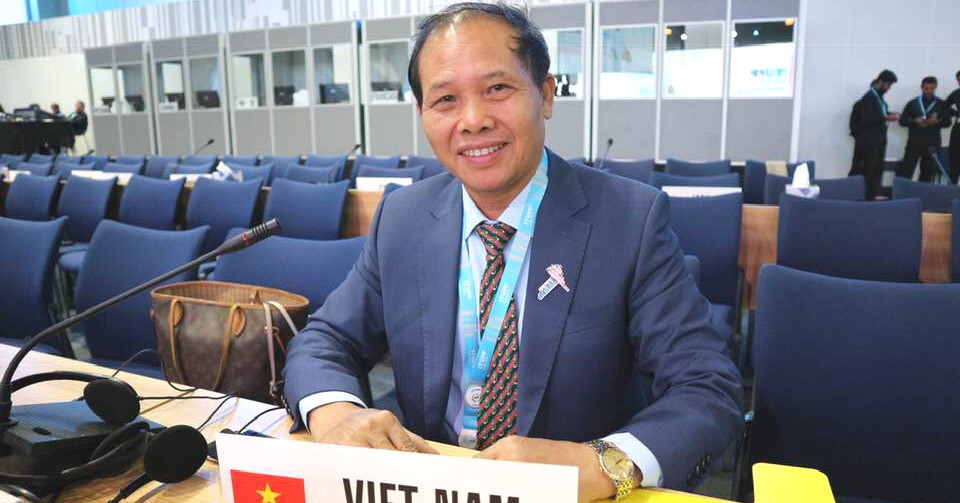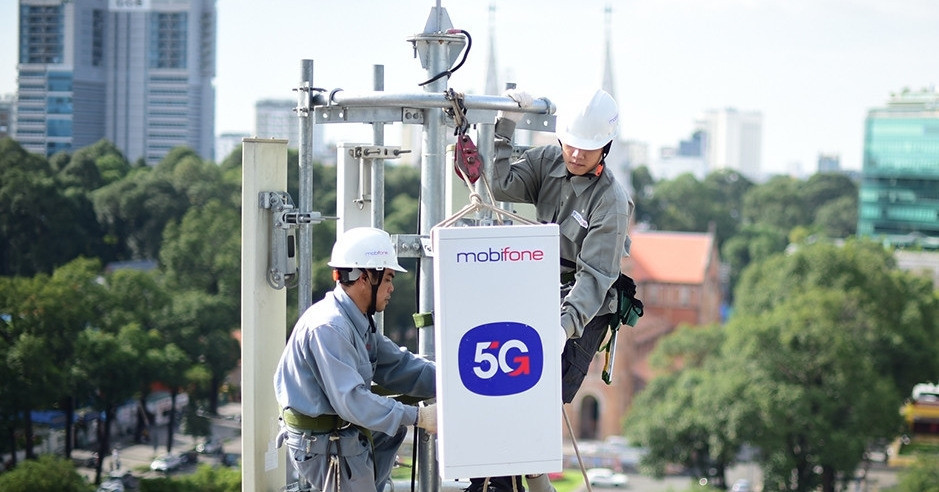Vietnam Must Accelerate Spectrum Growth to Achieve 5G Success,Vietnam has emerged as a dynamic player in the global technology landscape. With a young and digitally-savvy population, the country shows immense promise in adopting cutting-edge technologies. However, when it comes to 5G, Vietnam still has a long way to go to match global leaders like South Korea and Qatar. While these countries enjoy lightning-fast mobile internet speeds, Vietnam’s 5G network expansion faces structural challenges that need urgent attention.
The demand for faster, more reliable connectivity is rising. Businesses, educational institutions, and even individuals are increasingly dependent on high-speed internet for daily activities, entertainment, and remote work. Without a strong spectrum backbone, Vietnam’s 5G ambitions risk falling short of their true potential.
Spectrum: The Backbone of 5G
The term “spectrum” refers to the range of radio frequencies used to transmit data. In the context of 5G, spectrum availability and management directly impact network speed, coverage, and capacity. Countries like South Korea and Qatar have invested heavily in acquiring wide and high-frequency spectrums, allowing their networks to operate at unprecedented speeds.
Vietnam, on the other hand, has been slower in allocating the required spectrum for widespread 5G deployment. Limited spectrum availability restricts mobile operators from fully utilizing the advanced 5G technology. As a result, users experience inconsistent speeds and coverage, especially in densely populated areas.
Comparing Global Leaders
South Korea is often hailed as the gold standard in 5G deployment. The country’s government prioritized spectrum allocation years in advance, ensuring that operators had access to a broad range of high-frequency bands. The result is a 5G network that supports ultra-fast speeds, low latency, and seamless connectivity even in crowded urban areas.
Similarly, Qatar has leveraged strategic spectrum management to build one of the fastest mobile networks in the world. By prioritizing high-frequency bands and investing in infrastructure, Qatar ensures its citizens enjoy reliable and high-quality connectivity. These examples highlight the crucial role spectrum plays in 5G success.

Vietnam’s Current Status
Vietnam has made noticeable progress in rolling out 5G services, with major cities witnessing initial deployments. Mobile operators have begun offering 5G packages, and urban users are starting to experience faster internet speeds. However, these services are often inconsistent, with coverage gaps and limited peak speeds.
The underlying reason is spectrum scarcity. Unlike Korea or Qatar, Vietnam has yet to dedicate enough high-frequency bands exclusively for 5G use. This limitation hampers the network’s potential to deliver the high-speed, low-latency experience that defines true 5G.
Economic Implications of Delayed Spectrum Allocation
Failing to accelerate spectrum availability has broader economic consequences. 5G is more than just a faster internet connection; it is a catalyst for innovation, smart cities, advanced healthcare, and the industrial internet. Countries that lead in 5G adoption attract foreign investments, foster local tech startups, and boost productivity across multiple sectors.
Vietnam’s slow spectrum rollout could potentially slow down these economic opportunities. If businesses and investors perceive that the country’s digital infrastructure lags behind global standards, it may impact competitiveness in the long term.
Opportunities for Vietnam
Despite the challenges, Vietnam has a unique opportunity to leapfrog into a competitive 5G position. The government can accelerate spectrum auctions and policies to encourage faster deployment. Mobile operators can invest in infrastructure upgrades, including small cells and network densification, to maximize existing spectrum efficiency.
Public-private partnerships can also play a significant role. By combining government support with operator expertise and private investment, Vietnam can overcome spectrum limitations and build a robust 5G ecosystem.
Role of Innovation in Maximizing 5G
Innovation in network technology can partially mitigate spectrum constraints. Techniques such as dynamic spectrum sharing, network slicing, and advanced antenna systems allow operators to optimize the use of available frequencies. By adopting these strategies, Vietnam can improve 5G coverage and speed even before new spectrum becomes widely available.
Additionally, encouraging local tech companies to develop 5G-enabled applications and solutions can drive demand and justify further investments. The synergy between network providers and innovative startups can create a thriving 5G ecosystem that benefits the economy and society.

The Social Impact of 5G
Beyond economics, 5G has the potential to transform daily life. Faster internet speeds enable seamless online education, telemedicine, and smart transportation systems. Rural areas, often underserved by traditional broadband, can benefit immensely from high-speed mobile networks.
Vietnam’s population is young and highly adaptable to technology, which makes the social impact of 5G even more pronounced. Proper spectrum allocation and strategic network planning can help bridge digital divides and create more equitable access to technology.
Strategic Steps Forward
To catch up with countries like Korea and Qatar, Vietnam must take a proactive approach. Policymakers should prioritize high-frequency spectrum allocation, streamline auction processes, and incentivize investment in network infrastructure.
Operators should focus on maximizing existing spectrum through technological innovation, while simultaneously planning for future expansions. Collaboration with international technology leaders can accelerate knowledge transfer and deployment efficiency.
Conclusion
Vietnam stands at a pivotal moment in its digital evolution. The nation has the talent, ambition, and market potential to become a regional leader in 5G technology. However, realizing this vision requires immediate action on spectrum allocation and network investment.
By learning from global leaders like South Korea and Qatar, Vietnam can design a roadmap that accelerates 5G deployment, maximizes economic benefits, and transforms society. With strategic planning, innovation, and collaboration, the country can ensure that its 5G journey is not just aspirational but truly world-class.
Do follow Gulf Magazine on Instagram.
Also Read – Spanning the Gulf: Advancing Global Defence Technology for Security



